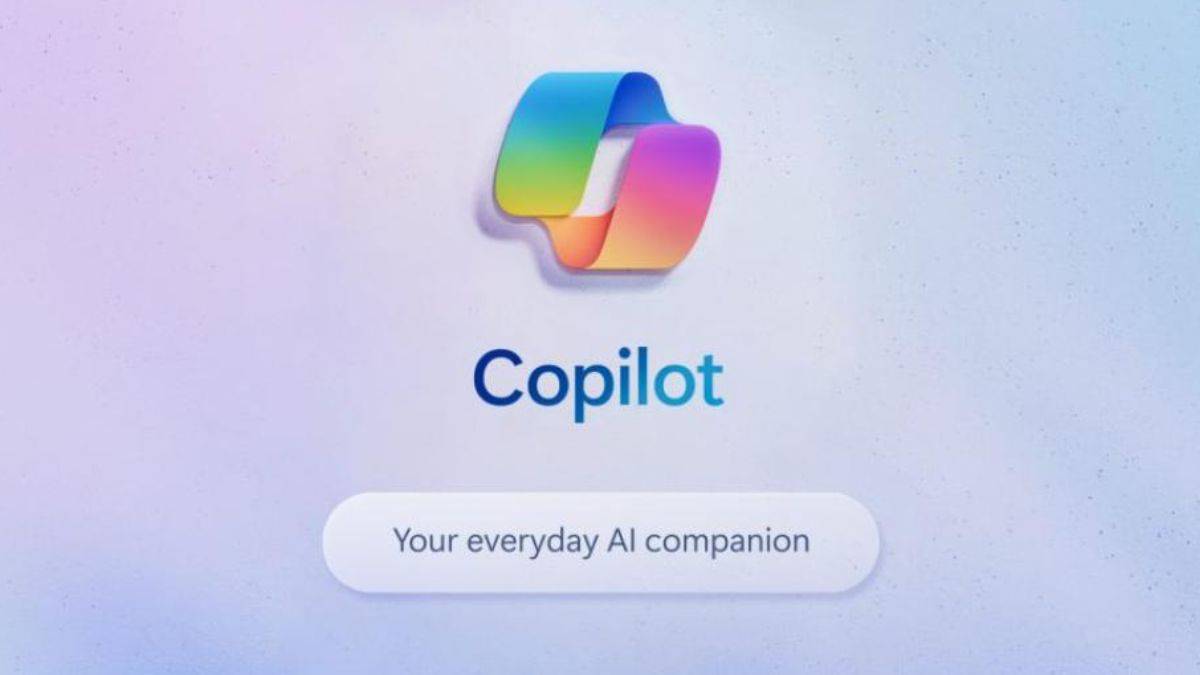Microsoft ditching GPT builder after just 3 months might be the reason why you cancel your subscription

Table of Contents
Microsoft’s GPT builder appeared to be somewhat of a game changer when it first launched, but the abrupt decision to discontinue the service for consumers after a mere three-month run will come as a surprise to some of the tech community. GPT builder will be discontinued on July 10th, with all custom GPTs (including those created by Microsoft) and their associated GPT data being removed from the same date.
While the company offered a vague explanation about reevaluating its strategy, the move raised questions about Microsoft’s commitment to consumer-facing AI and the potential of GPT Builder itself.
Prime Day is finally here! Find all the biggest tech and PC deals below.
- Sapphire 11348-03-20G Pulse AMD Radeon™ RX 9070 XT Was $779 Now $739
- AMD Ryzen 7 7800X3D 8-Core, 16-Thread Desktop Processor Was $449 Now $341
- ASUS RTX™ 5060 OC Edition Graphics Card Was $379 Now $339
- LG 77-Inch Class OLED evo AI 4K C5 Series Smart TV Was $3,696 Now $2,796
- Intel® Core™ i7-14700K New Gaming Desktop Was $320.99 Now $274
- Lexar 2TB NM1090 w/HeatSink SSD PCIe Gen5x4 NVMe M.2 Was $281.97 Now $214.98
- Apple Watch Series 10 GPS + Cellular 42mm case Smartwatch Was $499.99 Now $379.99
- ASUS ROG Strix G16 (2025) 16" FHD, RTX 5060 gaming laptop Was $1,499.99 Now $1,274.99
- Apple iPad mini (A17 Pro): Apple Intelligence Was $499.99 Now $379.99
*Prices and savings subject to change. Click through to get the current prices.
GPT Builder highs and lows
GPT Builder, launched in March 2024 as part of the Copilot Pro subscription service, was a tool that allowed users to create customized AI chatbots, in a similar vein to OpenAI GPTs. The possibilities were extremely vast, allowing users to leverage AI for specific tasks and boost their productivity and knowledge across the board. So, what went wrong?
Microsoft’s official explanation highlights a strategic shift. They’re re-evaluating their approach to extending Copilot’s functionality for consumers. While the emails sent out to users lacked specifics, it suggests GPT Builder may not have garnered the traction that Microsoft had quite anticipated. Here are some potential reasons:
- Complexity – Building and customizing AI chatbots might have been too complex for the average consumer. Copilot Pro, targeted towards professionals, might have been a better fit for this level of customization.
- Limited Use Cases – Perhaps consumers didn’t see enough practical applications for GPT Builder in their daily lives. Without a clear value proposition, adoption could have been low.
- Data Privacy Concerns – The use of personal data to train these AI chatbots could have raised privacy concerns among users. Without clear communication on data handling, some may have been hesitant to engage.
The emails also included various ways to cancel the Copilot Pro subscription as a result of this change, which signifies the importance of GPT builder to the service. With the $20/month subscription bundle no longer including GPT Builder, it begs the question if Copilot Pro is still worthwhile. If you were an avid user of the GPT Builder, then it certainly losing a key selling point.
The long-term effects of a short-run
The short lifespan of GPT Builder could be interpreted in two ways. One perspective sees it as a missed opportunity. GPT Builder offered a real glimpse into the future where consumers could personalize AI assistants for their specific needs. Shutting it down might stifle user innovation in AI and also further damage AI’s reputation, particularly with trustworthiness and security.
However, another viewpoint, and the one Microsoft wishes to push, is a strategic focus. Microsoft might be prioritizing resources toward more commercially viable applications of GPT technology. Focusing on a more commercial solution could mean a clearer path to profitability, especially considering the competitive landscape of AI development.
Is there a future for Microsoft’s GPT technology?
While GPT Builder for consumers is no more, Microsoft’s commitment to GPT technology remains strong. Their continued development efforts for this kind of application could lead to new solutions – perhaps an improved service may be in the cards. Perhaps future iterations will offer a more user-friendly experience for consumers, bridging the gap between advanced AI and accessibility. We don’t yet have the answers to these questions but they will certainly be aware of them over at Microsoft HQ.
The shutdown of GPT Builder is a story with mostly unanswered questions. While the reasons remain unclear, it serves as a reminder of the constant evaluation tech companies have to go through to remain profitable and on track. Only time will tell if it marks the end of consumer-focused GPT development or simply a pause before a more accessible one comes to fruition.

